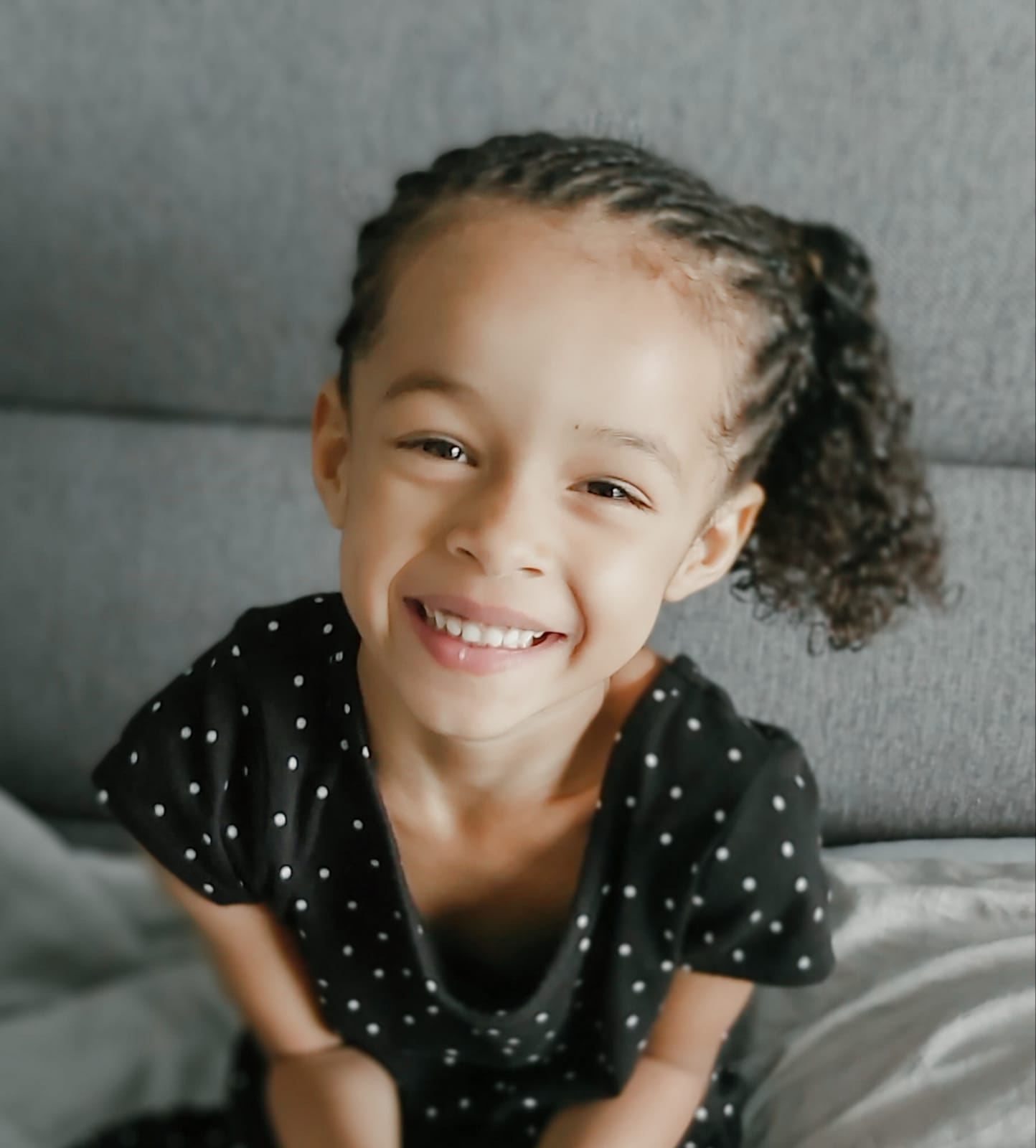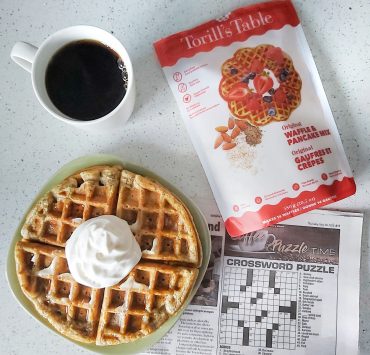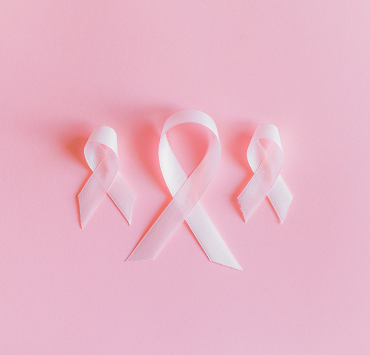Here’s your opportunity to learn more about the parenting styles of each Maturing Mama. No Mama is exactly the same in her parenting skills. This is our opportunity to highlight our differences in parenting in a means to help you find a method that works for you.
Today’s Question:
How would you respond to your child being unhappy about a physical attribute they have?
Here’s how a conversation with my mom went when I was a child. I remember it well. It shaped my future.
I asked; “Mommy when we go to heaven we’ll be perfect?”
“Yes!”, My mom answered.
“So we’ll be white!”, I declared.
I remember the look on my moms face as she responded, “Noooo”.
As a child I wished I had blonde hair and blue eyes. I remember many times wishing I was a boy and had a penis.
Have you heard about those that legally change their race? What can you say to something so… Strange?
For me personally, changing my race to Caucasian is a complete insult to everything those before me have worked towards.
I remember scratching my knee as a child and seeing a layer of white skin below my dark brown skin. I remember thinking to myself, “is it possible that I have white skin underneath and am capable of rubbing this brown skin off?!”
I know for many of you, this is horrifying to know that a little girl could think this. Unfortunately there are historical photos of African American children who would take metal scrubbers and scrub at their faces to get the white to show.
Many of us can choose things about ourselves we don’t like. Nowadays there’s procedures to fix these “flaws”. Even procedures to change one’s gender and skin color.
Knowing what I put my mother through as a black child wanting to be white, I then think of my own children. How do I encourage them to feel proud of their race, gender and whatever physical flaws they believe they have?
I know that in today’s world, society now encourages us that we can be whoever we want to be without feeling any shame to the fact that we dislike ourselves as we were created.
I want to encourage my kids that they were created beautiful! And that beauty can look different to many people. I believe there is a difference in adding to your appearance and in trying to make one’s appearance disappear.
There is more to my kids than just their personalities. Their hair texture adds to who they are. Their race adds to who they are. The size of their feet, boobs and hips all shape and form their outlook on the world and encourages another human being to love themselves when they wear these attributes proudly.
Being followers of Christ, when one of the boys voices that he is unhappy about a part of himself, my first instinct is to pull out one of our bibles. I would turn it to Genesis 1:26-27 where it talks about God creating us in his image. I would then explain that God created us all with different features. No two people are exactly the same. Even twins have some features that are different from each other.
This is a topic that is very important for me. As a child I personally struggled a lot with having many birthmarks.
It affected my self-esteem so much that I most times wore long clothes for sports lessons and during spring time. It was a big challenge for me to show more skin.
As a teenage girl, I told my mum about it and asked her to make an appointment with the skin doctor, so that some bigger brown spots could be removed. She did, and the doctor said that the scars that will result after the spots have been taken out would later on be way bigger than the birthmarks itself, so it wouldn’t make sense.
With this response from the doctor, the topic was no longer a priority for my parents. My dad in fact didn’t take it seriously at all, and my mum tried to encourage me to just accept it as a part of myself.
This topic however for me was not over as I struggled for many years up to my adulthood with it. I guess what helped me was realising my identity more and more in Christ and as well having my first birth experience.
Especially the birth experience led me to another big acceptance of my body, by just experiencing what my body is able to do; nuturing and giving live to a human being- which has much more greater value than just the aesthetics.
Having struggled so many years with my physical attributes, I am determined to make sure that our children don’t have to go through a similar journey in accepting themselves.
We try to instill in our children right from the beginning a healthy self-esteem by speaking positive words over them, telling them how beautiful they are, how well they are doing certain things, etc.
Our first daughter had a phase in her life when she was about 3 years old that she kept saying she wanted blond hair. We noticed that it was coming from the media where many princesses have blond hair and the barbies she got as presents from relatives also had blond hair, so we started showing her kids movies with afro hair and she also got an afro barbie. With time she got excited when she saw other girls with the same hair colour and gradually her desire for blond hair varnished.
If we as parents find out in the future again, that any child is struggling with any physical attribute, we will first of all take it seriously, talk with the child about it, and then with the help of the Holy Spirit and prayers, see how we can encourage them best.
What I have learned over the years when it comes to physcial attributes is that, I as a person am more valuable than the way I look. I have learnt (and still learning) to be grateful and rather focus on who I am and what I can do with what the Lord has created me for. These are life lessons that I will keep teaching my children as much as possible.
I find that even at 4 Zoe is already finding things that she doesn’t like about her appearance.
Often times she will complain or show disappointment in her size. She is a tiny girl and it does affect her way of life. She gets upset if she can’t do a task her larger peers can, or she’ll have a meltdown if a new outfit is too big.
Her size is definitely a tough conversation and one that Matt and I are struggling with coming to grips with (we are exploring growth hormones) so talking to her about it is so hard. When she does bring it up we try our best to normalize it. We talk about how people come in all shapes and sizes and that being small has its benefits. If she was bigger then I couldn’t carry her on my shoulders or in the carrier during our hikes, or she wouldn’t fit in some of her favourite dresses. We also make sure we talk about things she can do regardless of her size. She can ride a bike, she can ride her scooter and she is smart, and funny, and has a great imagination. We want to make sure she knows that her size won’t hold her back.
How will I respond to her when she is older and doesn’t like something about her appearance? I have no idea.
It’s so difficult to try and teach our children to be ok with their bodies when probably 90% of us aren’t happy with our own!
At this moment in time I’m quite lucky as my daughter is only 2 and hasn’t yet realised how harsh the world judges us on appearance, so she doesn’t really value herself on her physical attributes.
I think the closest we’ve come is when she noticed her Strawberry birthmark on her bum and the one on her shoulder. At first she thought it was some sort of cut and was worried, but I simply explained to her that they’re her beautiful birth marks and she’s been fine since. She actually likes to show them off!
I try my hardest every day to not let my own self-esteem show, so I wouldn’t complain about my tummy or my skin in front of her in the hope that I’ve got another few years before it all starts. Hopefully telling her how beautiful, strong and smart she is daily will help her build good self esteem for the future.
“It looks like a poop stain!”
“Mummy why do I have a poop stain on my belly?” Is the question my four year old asks me.
My answer was, “it’s a birth mark Lilly.”
“What, you pooped on me?”
“No, lilly”
“It’s a special mark you had when you were born to tell Mummy you are very special.”
We call this her beauty mark, because she is beauty. I will remind her of this as she gets older if she becomes less confident about it.









